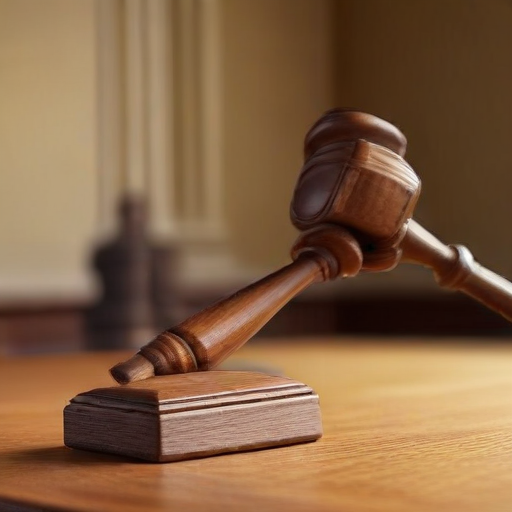A civil court jury in Ireland has awarded nearly $257,000 to a woman who accused mixed martial arts fighter Conor McGregor of rape and assault that allegedly took place in a Dublin hotel penthouse on December 9, 2018. The woman described the incident, which occurred after a night of partying, as leaving her with significant physical injuries and post-traumatic stress disorder.
As the verdict was announced, McGregor reportedly shook his head in disbelief. After the hearing, he was besieged by cameras but chose not to comment. In a statement made on social media platform X, McGregor announced his intent to appeal the court’s decision, emphasizing that the jury’s verdict addressed only assault and not more severe classifications. He expressed disappointment that all evidence reviewed by the Director of Public Prosecutions had not been presented to the jury.
During the trial, McGregor maintained his innocence, asserting that their encounter was consensual and that the woman later fabricated the allegations against him. Conversely, the woman’s attorney suggested that McGregor had been influenced by anger stemming from a recent loss in a prior fight in Las Vegas.
The woman recounted feeling her life was in danger during the incident, claiming that McGregor used choke holds on her and made comments relating to his experiences in the octagon. She stated that she felt pressured to reassure him to avoid further harm before consenting to sex.
While police investigated her complaint, prosecutors ultimately decided against pursuing charges, citing a lack of sufficient evidence for a conviction. McGregor’s defense argued that the woman had not communicated any threats to her life and introduced surveillance footage that they claimed depicted her in a positive light after leaving the hotel room.
This ongoing legal situation adds to McGregor’s history of facing sexual assault allegations, including a recent case in Miami that did not lead to criminal charges.
The complexities of this case illustrate the ongoing challenges in balancing public perception with the legal process, as figures like McGregor provoke strong opinions. As the appeal process begins, it is pivotal to recognize the importance of thorough judicial review to ensure fairness for both the accused and the accuser.
In a broader sense, this case sheds light on the serious issues surrounding consent and the complexities of high-profile legal battles, which often capture public attention and can significantly impact the lives of those involved. Amid these challenges, the evolving discourse on accountability and justice remains crucial for society.
